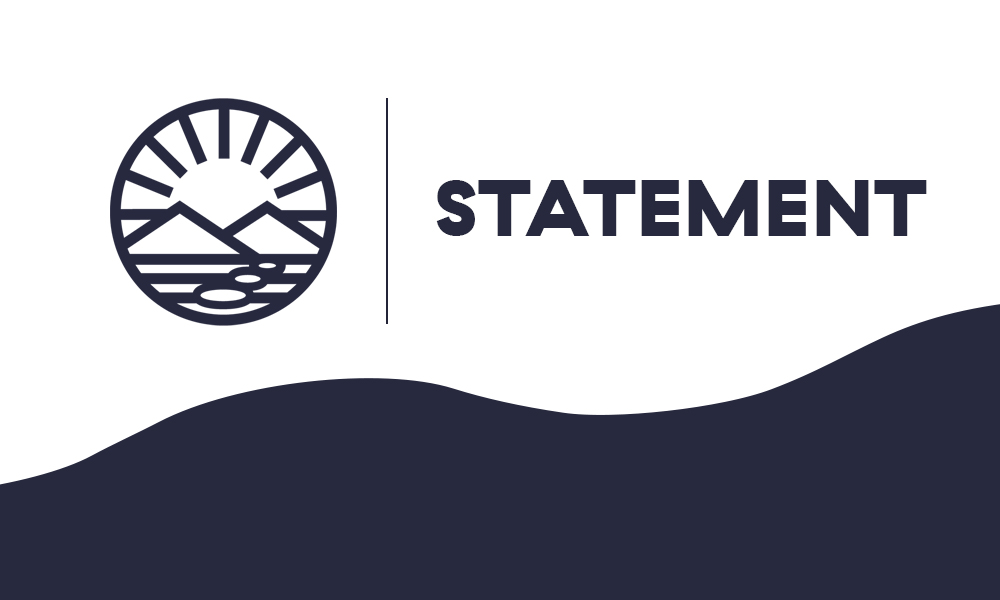CAMPBELL RIVER, B.C. – The “State of Salmon Aquaculture” Report released today by the Honourable Bernadette Jordan, Minister of Fisheries and Oceans, effectively informs the dialogue about how aquaculture in B.C. has evolved in recent years and can continue evolving into the future. We look forward to working with the Minister, our Indigenous partners and other stakeholders in BC aquaculture over the next five years to develop a responsible plan to move this industry forward. The plan would be based on science, respect the principles of UNDRIP, maintain a focus on responsible food production, protect jobs in coastal communities, and keep the carbon footprint of salmon production in BC low.
Commissioned by Fisheries and Oceans Canada, with support from the BC Ministry of Agriculture and Sustainable Development Technology Canada, the report highlights Canadian and global technological advancements in four emerging salmon farming production systems with the potential to be part of our future:
• Hybrids, involving a mix of land- and marine-based systems,
• land-based recirculating aquaculture systems (RAS),
• floating, in-ocean closed-containment systems (CCS), and
• offshore open production systems.
While these technologies are yet to be proven on a commercial scale, all are at some stage of development and have the potential to play a role in B.C. in the future. We continue to actively participate in their development and testing.
The hybrid system, which involves extending the amount of time young fish spend in land-based hatcheries before being moved to ocean pens, is particularly promising in the near-term, and something we are actively pursuing.
The report effectively highlights such innovations BC’s salmon farmers have driven in recent years as we have developed new technologies and approaches further reducing our already-low environmental footprint and ensuring we do not impact wild fish populations. For more information, visit: http://www.raisingopportunity.ca/technology-report/
The report also provides some important facts that should inform the current dialogue about moving to land-based farming. It highlights that land-based recirculating aquaculture system (RAS) technology requires the use of large amounts of land, water, and power, and thus has a significant environmental footprint, in particular greenhouse gas emissions. It also notes the technology has not yet been proven on a commercial scale, and needs to overcome challenges with fish quality, fish health, broodstock development, and environmental impacts before being viable.
As the report suggests, it will be at least another two years before we understand whether commercial-scale land-based operations can be profitable, and can start addressing these mission-critical issues.
We are confident land-based aquaculture can be part of the solution to responsibly raising the fish needed to feed our hungry world in the future, alongside ocean-based farming.
We agree with many of the recommendations in the report, particularly the recommendation that national legislation and policy be crafted to nurture innovation in sustainable aquaculture. We are committed to working with all our partners and regulators to make that reality.
John Paul Fraser, Executive Director
BC Salmon Farmers Association
About the BC Salmon Farmers Association:
Farm-raised salmon is B.C.’s highest valued seafood product, the province’s top agricultural export, and generates over $1.5-billion towards the B.C. economy, supporting about 7,000 jobs.
The BC Salmon Farmers Association represents over 60 businesses and organizations throughout the value chain of finfish aquaculture in B.C. Our members account for over 95% of the annual provincial harvest of farm-raised salmon, 100% of the salmon feed produced in B.C., and most of the service and suppliers involved in ensuring that over $800-million of salmon raised in B.C. gets to domestic and global markets.
